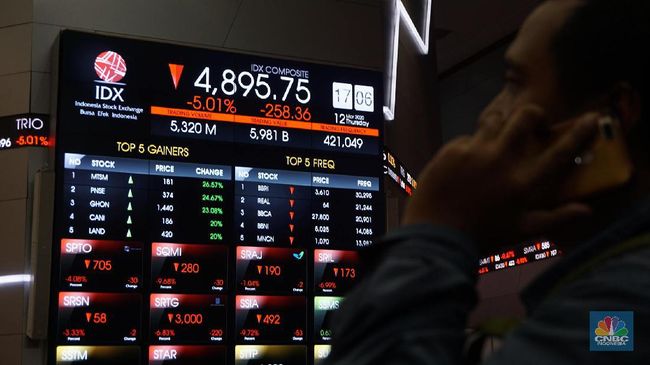European countries are trying to accelerate their COVID-19 vaccination campaigns to beat the rate at which the more contagious delta variant of the coronavirus spreads in a high-risk race to prevent hospitals from re-filling with struggling patients. for their lives.
The urgency coincides with the summer vacation months on the continent, when the good weather leaves more social gatherings, and with the reluctance of governments to take drastic measures. The rules of social distance are often ignored, especially among young people, and in some nations the obligation to wear a mask outdoors is being eliminated.
Incentives for the population to get vaccinated range from giving away groceries and travel and leisure vouchers to prize draws. The President of Cyprus has even appealed to patriotism.
The risk of contagion from the delta variant is “high and very high” for communities that have not started or completed vaccination, said the European Center for Disease Control and Prevention, which monitors 30 nations on the continent. It is estimated that by the end of August, 90% of the cases registered in the European Union will be caused by this variant.
“It is very important to move forward with the vaccination campaigns at a very high rate,” the agency warned.
The World Health Organization is also concerned. The variant makes transmission growth “exponential,” according to Maria Van Kerkhove, its chief technical expert on COVID-19.
The number of daily infections is already increasing considerably in countries such as Great Britain, Portugal and Russia.
In Great Britain, new cases of the delta variant have quadrupled in less than a month, and those reported on Friday were 46% higher than the previous week’s figure.
Portuguese health authorities this week reported a “dramatic” increase in the prevalence of the delta variant, accounting for just 4% of cases in May, but reaching nearly 56% in June. The country records its worst daily rate of infections since February, and the number of hospitalized patients with COVID-19 has exceeded 500 for the first time since the beginning of April.
Reports of new infections in Russia more than doubled in June, surpassing the 20,000 mark a day this week. Deaths reached 679 on Friday, the fourth consecutive day of breaking records.
Despite this, “no one wants any confinement,” Kremlin spokesman Dmitry Peskov said at a press conference, although he admitted that the situation in various regions of the country is “tense.”
In some areas, the virus spreads much faster among young people. In Spain, the 14-day national rate of infections per 100,000 inhabitants rose to 152 on Friday. But in the age group 20-29, it shot up to 449.
This data has set off alarms throughout the continent.
–


